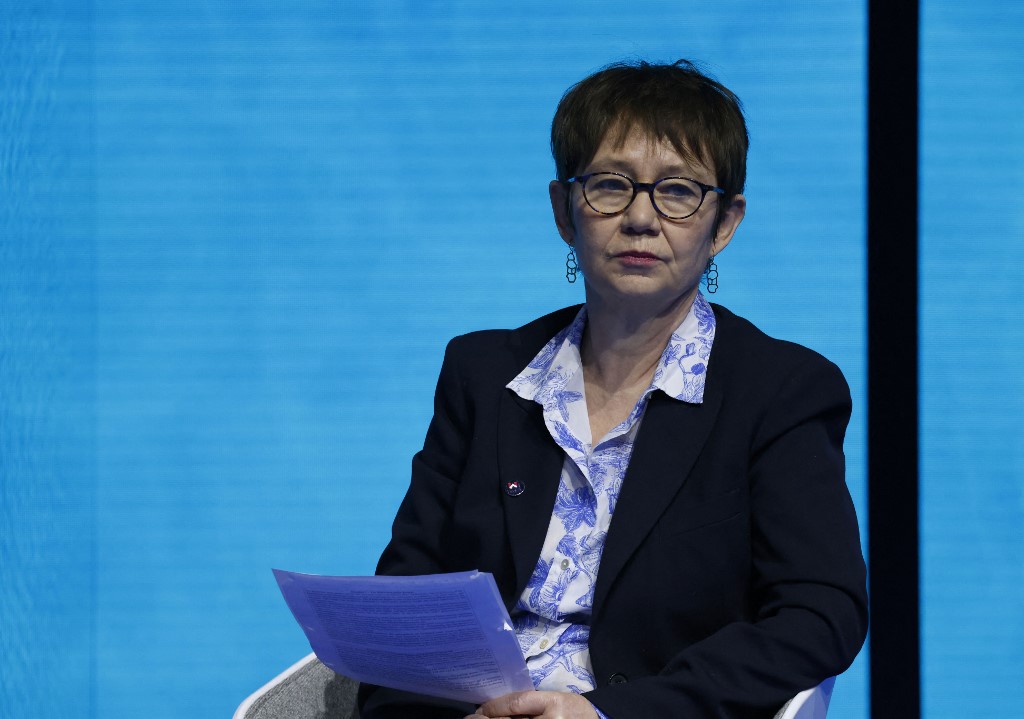The head of the European Bank for Reconstruction and Development (EBRD) has raised concerns with Turkish authorities for using low interest rates to boost economic growth, she told Reuters on Friday.
Odile Renaud-Basso, the EBRD’s president, was in İstanbul after meetings she described as “frank and transparent” with Turkish Finance Minister Nureddin Nebati and Şahap Kavcıoğlu, the central bank governor.
“I expressed some question marks about the fact that it [the policy] creates inflation with the high level, and it is not necessarily the best environment for long-term investment,” she said in an interview at the bank’s Turkey headquarters.
Since 2009, the EBRD has invested 16.9 billion euros ($16.5 billion) in hospitals, roads, environmental projects and other efforts in Turkey, its largest market.
A year ago, President Recep Tayyip Erdoğan’s government introduced an aggressive and unorthodox policy of monetary stimulus to boost exports and economic growth and turn chronic current account deficits into surpluses.
Growth has been strong, but the central bank’s 700 cumulative basis points of interest rate cuts since last September triggered a currency crisis in December and sent inflation to a 24-year high of 83 percent last month.
“It’s quite an outlier strategy,” Renaud-Basso said. “I don’t know whether it can work or not. But it creates some challenges in anchoring inflation expectations and creating a secure and stable environment.”
The economic program adopted last September risks further devaluation of the lira and further depletion of foreign exchange reserves, so the country will have to find a way to finance its current account, she said, according to the Reuters report.
“This can create a high level of uncertainty,” she added. But authorities “are convinced that their policy is the right one.”
Renaud-Basso added that Turkey’s private sector and export capacity “is very resilient” and the country benefits as supply chains rebase from China. But it will depend on cooling demand in Europe, the largest export market, she said.
The EBRD remains interested in investing in public-private partnerships (PPPs) in Turkey after several investments in the past, she said.

